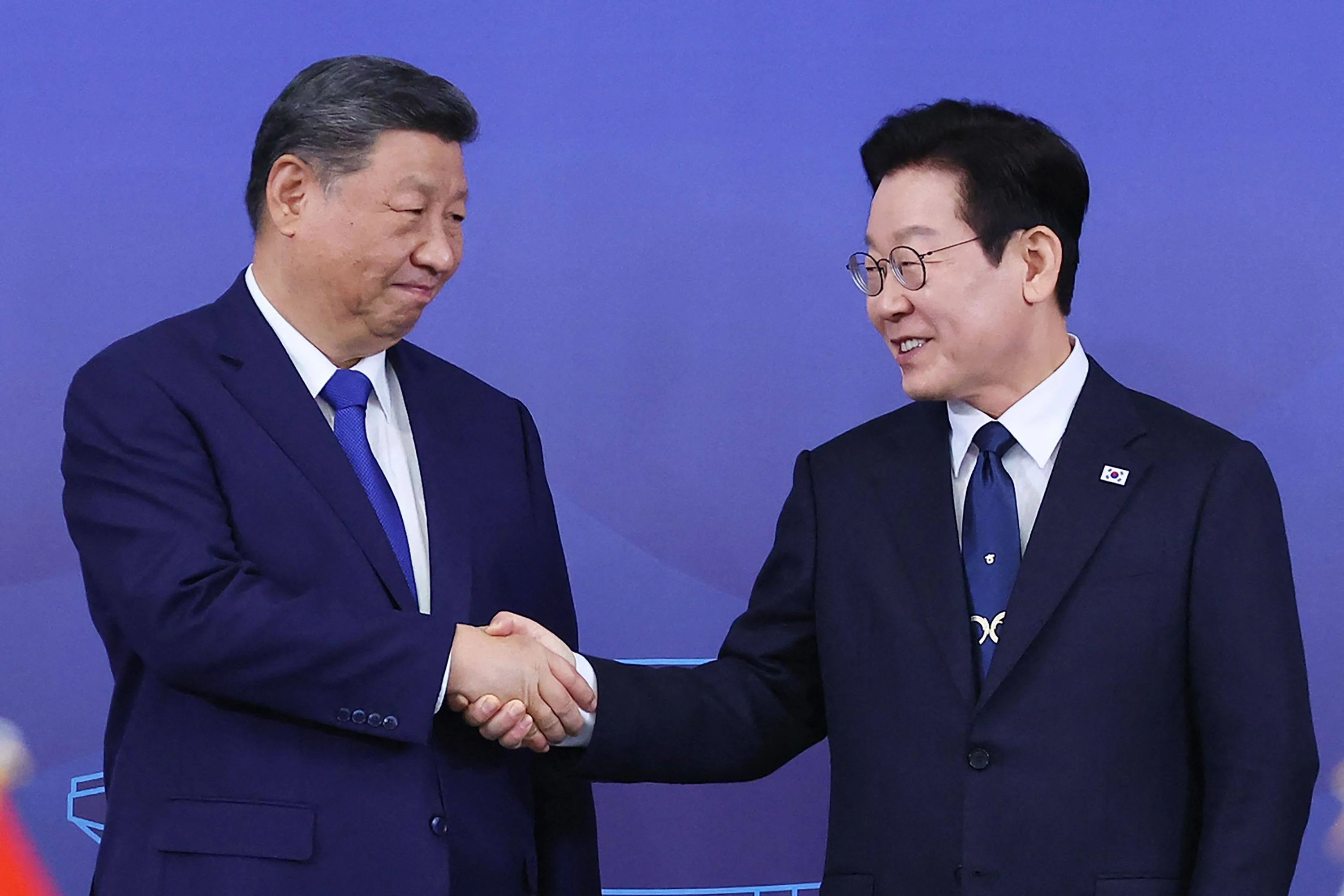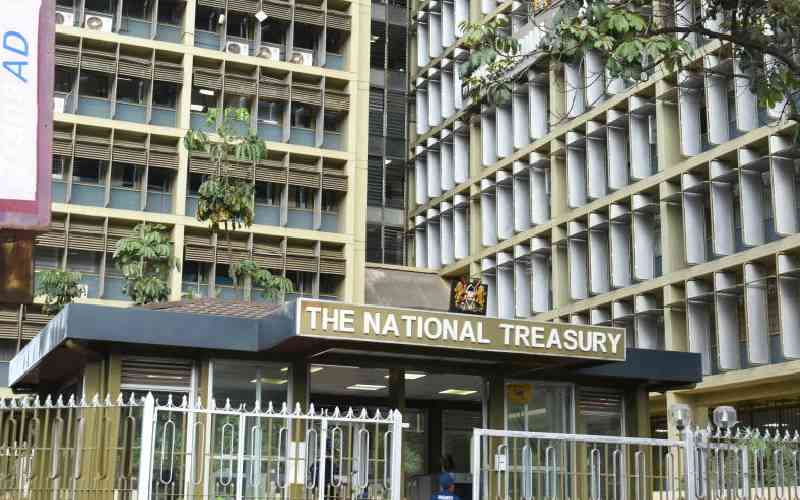Copyright scmp

South Korea’s bid to reboot ties with China and deepen trade links while strengthening its military alliance with the United States has stirred warnings of renewed pressure from both powers, with last week’s Apec summit underscoring the fragility of Seoul’s balancing act. President Lee Jae-myung’s meetings with his Chinese and American counterparts, Xi Jinping and Donald Trump, have been hailed as diplomatic wins. However, analysts say Seoul could pay a steep price for trying to hedge between two rivals locked in strategic competition, with both South Korea’s export-driven economy and its long-term security posture at stake. “I am afraid South Korea popped the champagne too early,” Choo Jae-woo, a professor of Chinese foreign policy at Kyung Hee University, told This Week in Asia. Seoul hailed the first summit in 11 years between Lee and Xi as a milestone in mending ties. “It helped fully restore our bilateral relations and put us back on the path of mutual prosperity as strategic cooperative partners,” Lee said in a Facebook post on Sunday. Lee also quoted Xi as describing the two countries as “close neighbours who cannot move apart and inseparable partners in cooperation”. “As President Xi said, the two countries have transcended their differences in social systems and ideologies to build trust over a long period of time,” Lee added. “We have encountered challenges of varying degrees, but I am convinced that the deep friendship and history we have built together have not wavered.” During Xi’s visit to Gyeongju City for the Apec meetings, South Korea and China concluded a 70 trillion won (US$49 billion) currency swap agreement for five years – a move that Lee said would help stabilise financial markets and trade between the two neighbours. He also pledged to accelerate negotiations on the second phase of their free-trade agreement, covering services and investments. The summit signalled a shared willingness to restore ties that had fallen to their lowest point amid intensifying US-China rivalry and surging anti-China sentiment in South Korea. Yet, concerns over Seoul’s pursuit of nuclear-powered submarines have re-emerged as a potential flashpoint with Beijing. Leif-Eric Easley, professor of international studies at Ewha Womans University, said hosting China’s top leader on South Korean soil was already “a political victory for Lee Jae-myung”. “But it remains to be seen whether the bilateral relationship will fully turn the page from Beijing’s economic coercion applied” after Seoul decided to host the US THAAD missile defence system in 2016, he said. Following his summit with Lee, Trump endorsed South Korea’s plan to build nuclear-powered submarines, on the condition that they be constructed at a South Korean-invested shipyard in Philadelphia. “However, South Korea’s plan to have nuclear-propulsion submarines is feared to add to tension with China as the THAAD issue remains a stumbling block,” said Choo of Kyung Hee University. Even if trade and tourism eventually normalise, uncertainty persists about China’s “grey-zone” tactics in the Yellow Sea’s overlapping economic zones, according to Easley. “Perhaps most of all, it is unclear whether Beijing will play a more constructive role in restraining North Korean provocations and implementing UN Security Council resolutions to encourage Pyongyang’s denuclearisation,” he said. Coinciding with the Lee-Xi summit on Saturday, North Korean leader Kim Jong-un inspected an elite special warfare unit that had previously sent troops to Russia to aid its war in Ukraine – and praised their combat readiness. That same day, Pyongyang dismissed Seoul’s statement that denuclearisation was on the summit agenda with China, calling it a “pipe dream”. Easley said the bilateral summits on the sidelines of Apec showed that Trump and Xi “effectively agreed to a ceasefire in the trade war”. But, he cautioned, Apec’s traditional role as a promoter of free and open trade appeared increasingly uncertain. “Under the current US-China strategic competition, weaponised interdependence appears here to stay,” he said. Beijing’s temporary suspension of its threat to restrict rare earth exports, he added, showed that “China is willing to negotiate but will not simply capitulate to Trump’s tariffs”. “This should be a wake-up call about the limits of unilateralism and the need for the US and its partners to expand cooperation on supply chain resilience,” Easley said. This year’s Apec summit tested whether Asia-Pacific leaders could reaffirm the benefits of free trade amid Trump’s protectionist pressure. “We acknowledge the importance of a trade and investment environment that promotes resilience and benefits for all,” read the joint declaration released at the summit’s close. Economist Hur Jung of Sogang University said the meetings eased uncertainty but confirmed that “there will be no return to the past free-trade era”. “The international trade order will be split along the fault line of the two superpowers,” he said, “as China has made it clear it will stand up against the US calling the shots unilaterally.” Washington agreed to lower tariffs on Korean goods to 15 per cent from 25 per cent in return for Seoul investing up to US$20 billion annually over the next decade in the US, instead of the US$350 billion upfront initially demanded by Washington. “Still, this outflow of investments to the US will crowd out domestic investments, undermining Korea’s economic growth potential,” Hur said. South Korea depends heavily on both China and the US for its export-driven economy and for the US nuclear umbrella that deters Pyongyang. “South Korea’s balancing act for its survival between the two giants is becoming increasingly precarious, with China seeing it as the weakest link in the chain of the US-led alliance,” Hur said. Economist Kim Gwang-suk of Hanyang University agreed that Apec helped calm global trade tensions, noting that member economies account for 60 per cent of global GDP. “We may say that Korea-China ties have hit rock bottom and entered an upward cycle,” he said. “However, while South Korea is expanding economic exchanges with China, it could expose itself to possible sanctions from the US”, particularly in the AI and semiconductor sectors. According to Kang Jun-young, a political-science professor at Hankuk University of Foreign Studies, Seoul faces formidable hurdles to building nuclear-powered submarines, including addressing China’s security concerns and potential resistance among US lawmakers and officials. “The Apec summit and bilateral meetings have left thorny issues almost untouched,” Kang said, citing North Korea’s nuclear threats, China’s excessive subsidies for its companies, and tensions in the Taiwan Strait.



